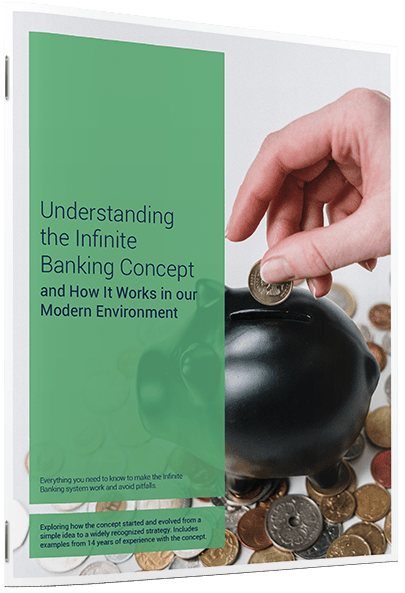702-660-7000
702-660-7000

It’s been said, “The pot shouldn’t call the kettle black.” Which essentially means, don’t point a finger at someone else because in doing so you will quickly, and unequivocally, point out what is most abhorrent about yourself. And that is exactly what happens when fee-based practitioners label commission based practitioners greedy and self-serving.
This is a fact: A fee-based practitioner will collect more money over time off their client than a commission based practitioner will earn. And because we are all concerned about the long term results of investing, it becomes paramount that we understand how fees add up over time.
Think about an investment of $100,000[i] over the course of 30 years. With a fee-based advisor this investment, if the returns are merely 5% annually, will on average earn the manager 1.12%.[ii] This adds up to over $34,000 over the 30 years, or roughly 30% of total profits. Of course, if the return on investment is greater than 5% then the money manager will earn even more. For example, a 7% annual rate of return with a 1.12% management fee will decrease the investor’s profits by $45,000 which go directly into the money manager’s pocket.
But speculating for higher profits typically subjects you to higher risk as well. And that means you most likely won’t benefit from the national average 1.12% management fee. And increasing the management fee only 0.88% to 2% will deplete your profits by over 43% or nearly $72,000!
Now consider a commission based advisor by comparison. On the same $100,000, which the investor builds through contributions over 30 years, the commission based advisor will earn the most in year one. Typically, around 60% of the first year contribution. But over the subsequent 9 years, there will be significantly less commission earned. And after year 10 there will be no commission earned at all. So, after 30 years, the commission based advisor will have earned between $5 and $10 thousand compared to what the fee-based advisor collected… $34 to $72 thousand. That’s a significant difference just in case you didn’t happen to notice.

Understanding the Infinite Banking Concept and How It Works In Our Modern Environment 31-page eBook from McFie Insurance Order here>
But there’s more.
The commission based advisor never earns their commission out of the investor’s principle or profit, while the fee-based advisor always collects their fee from the principle and/or profits of the investor. And to make matters even more interesting, the fee-based advisor collects a fee regardless if there is a profit for the investor or not.
That is why investors today must become their own money manager in order to avoid the high costs associated with fee-based advisors. As mentioned above, fee-based advisors collect their fees regardless of what you, the investor, earn or lose. Comparatively, commission based advisors earn a commission only when they have satisfactorily proven to you that what they are selling is worth the price you will pay.
Consider the fact that commissions are fixed expenses and never come out of the pocket of you, the investor. While fees are charged that you, the investor, pay out of pocket (or out of gains) regardless of any return on your investment. This straightforward thinking will save you a tremendous amount of money and apprehension over any investment period. But it will also leave you with much more money to manage yourself and that will lead to a plethora of benefits and opportunities for yourself as well as your loved ones.
At McFie Insurance we work on a commission basis, paid directly from the insurance companies we represent when we design and sell life insurance for our clients. We’re happy to share an estimate of our commission on any policy we design for you. In fact, we usually design policies to minimize commission while maximizing cash value growth because it’s better for our clients. Call us at 702-660-7000 or schedule an introduction call here to hear about how we help people.
Investing information provided on this page is for educational purposes only. McFie Insurance LLC does not offer advisory or brokerage services, and does not recommend or advise investors to buy or sell particular securities.
[i] An accumulative total of contributions over a 30-year period NOT $100,000 invested up front in year one
[ii] National average on $100,000 of funds managed http://www.advisoryhq.com/articles/financial-advisor-fees-wealth-managers-planners-and-fee-only-advisors/
 Dr. Tomas P. McFie
Dr. Tomas P. McFie
Most Americans depend on Social Security for retirement income. Even when people think they’re saving money, taxes, fees, investment losses and market volatility take most of their money away. Tom McFie is the founder of McFie Insurance which helps people keep more of the money they make, so they can have financial peace of mind. His latest book, A Biblical Guide to Personal Finance, can be purchased here.